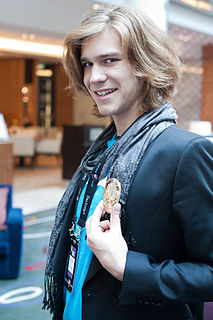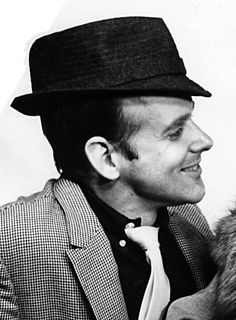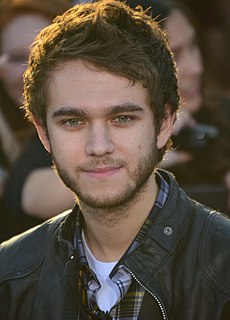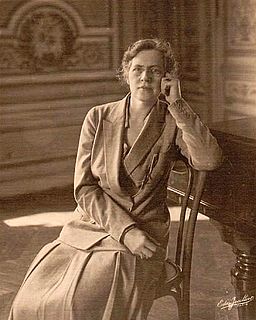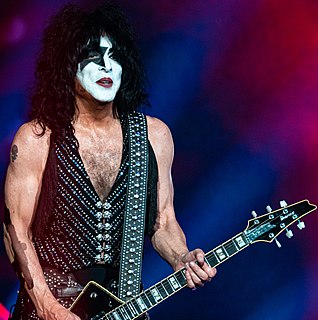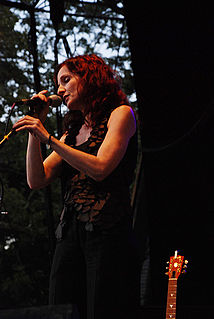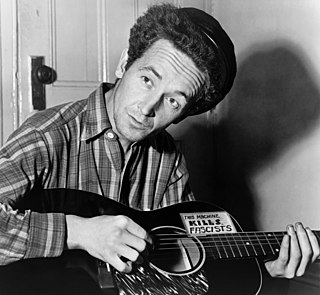A Quote by Rachel Bloom
The definition of a musical is that the emotion is so strong that you can't talk anymore, you have to sing. The emotion isn't strong enough when you're just like, 'Let's take a second to sing about lamps!'
Related Quotes
Fight sequence to me isn't just about the athleticism. It so often is about what the emotion that is behind it and how willing you are to really, really challenge that emotion or really take that emotion to that place so you're feeling a certain intensity for the whole time when you're shooting the actual physical scenes.


